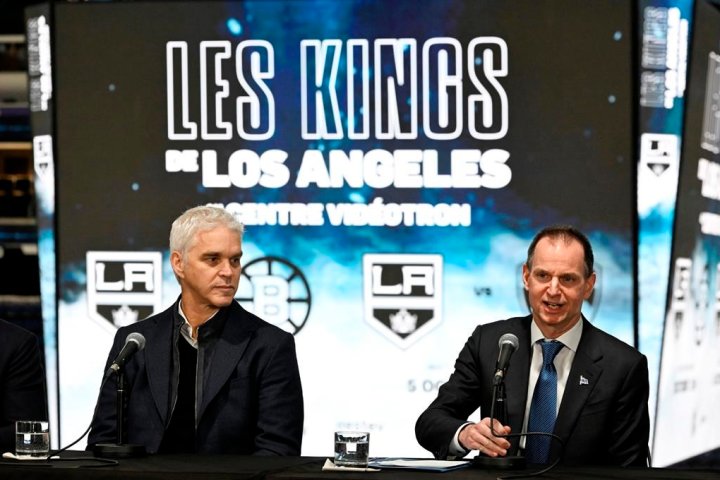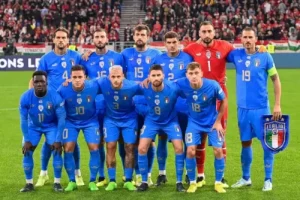
Quebec Finance Minister Eric Girard has recently come under scrutiny for defending the decision to provide subsidies for NHL pre-season games held in the province. The controversy surrounding this issue has sparked a debate about the use of public funds to support professional sports events.
Girard argues that the subsidies are a strategic investment in the local economy. By hosting pre-season NHL games, Quebec aims to attract tourists and generate revenue for businesses in the hospitality, tourism, and entertainment sectors. The minister believes that these events have a positive economic impact, as they bring in visitors who spend money on accommodations, dining, transportation, and other services.
Supporters of the subsidies argue that hosting NHL pre-season games helps promote Quebec as a desirable destination for sports enthusiasts. This exposure can lead to increased tourism in the long run, benefiting not only the hospitality industry but also local attractions and businesses. Additionally, they argue that the subsidies contribute to job creation, as event organizers and related industries hire additional staff to accommodate the influx of visitors.
However, critics question the fairness of using public funds to support private enterprises like professional sports teams. They argue that these organizations are already highly profitable and should not rely on taxpayer money for their operations. Critics also express concerns about the opportunity cost of subsidizing sports events, as the funds could be allocated to other pressing needs such as healthcare, education, or infrastructure.
Another point of contention is whether the economic benefits of hosting pre-season NHL games are substantial enough to justify the subsidies. Some studies suggest that the impact on local economies might be overestimated. While there may be a short-term boost in spending during the event, it is unclear whether this translates into long-term economic growth.
Proponents of the subsidies counter these arguments by emphasizing the intangible benefits of hosting high-profile sports events. They claim that such events enhance the city’s reputation, increase its visibility on a global scale, and contribute to its overall brand image. These factors can attract investment, talent, and businesses to the region, leading to long-term economic growth.
To address the concerns raised by critics, Girard has stated that the government will conduct a thorough evaluation of the subsidies’ effectiveness. This evaluation will assess the economic impact, job creation potential, and overall return on investment. The findings will help determine whether future subsidies for NHL pre-season games are justified.
In conclusion, the debate surrounding Quebec’s subsidies for NHL pre-season games involves weighing the potential economic benefits against the use of public funds to support private enterprises. While proponents argue that these events stimulate tourism and generate revenue for local businesses, critics question the fairness and long-term impact of such subsidies. The evaluation promised by Finance Minister Eric Girard will shed light on the effectiveness of these subsidies and inform future decisions regarding public funding for professional sports events.

